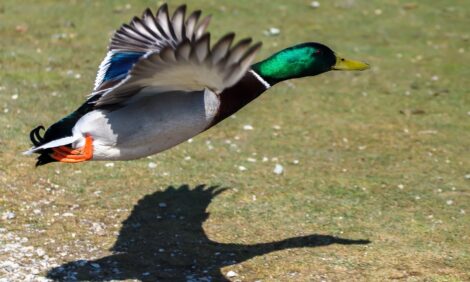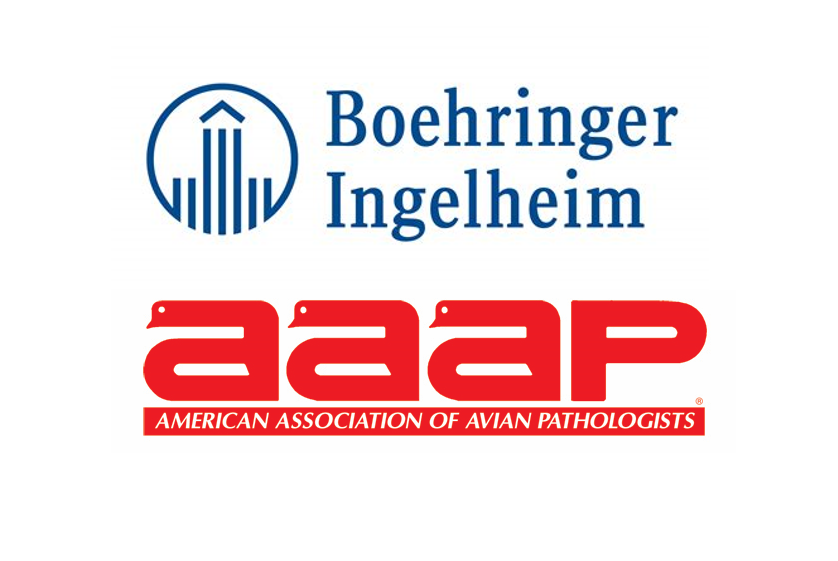



Evaluation of the Efficacy of an Inactivated ND+AIVH9N2 Vaccine in Broilers with maternal H9N2 Antibodies against virulent LPAI H9N2 Virus Challenge
Boehringer Ingelheim abstracts presented at AAAP 2021Part of Series:
< Previous Article in Series Next Article in Series >
Avian Influenza (AI) H9N2 viruses remain one of the major concerns in the Middle-East, North African and Asian areas and are an emerging threat to global poultry production. Although H9N2 is a virus of low pathogenicity, it is a critical factor in the complex respiratory disease, frequently associated with other pathogens in field conditions with enhanced morbidity, mortality and egg drops.
For control of the disease in enzootic countries the vaccination with inactivated Avian Influenza virus (AIV) H9N2 vaccine is widely used. The immunological cross-reaction post AIVH9N2 vaccination against antigenic variants of AIVH9N2 virus within the same lineage was recently assessed using the HI-test. Information about other immune mechanisms inducing clinical protection or from controlled studies about efficacy against virulent challenge is scarce.
In a controlled study conventional broilers with maternal H9N2 antibodies received an inactivated ND+AIVH9N2 vaccine at day 7 of life followed by a virulent AIVH9N2 challenge at 21 days post vaccination. In a second study conventional broilers with maternal antibodies received or didn’t receive the inactivated ND+AIVH9N2 vaccineat day 7 in addition to live Newcastle Disease (ND) and Infectious Bronchitis (IB)vaccinations followed by virulent challenge with Moroccan AIVH9N2 isolate + variant IB virus.
In both studies the AIVH9N2 vaccinated groups showed an enhanced clinical protection against a virulent AIVH9N2 challenge compared to the not vaccinated control groups. The number of challenge virus shedders was reduced in all the AIVH9N2 vaccinated groups.










